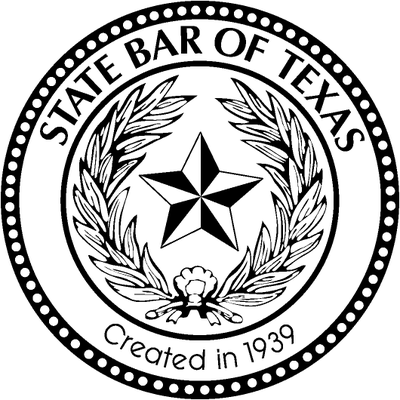Under Texas law, does an employee who is over 40 and who is discharged and replaced with an older employee have the right to sue for age discrimination? That is one of the questions the Texas Supreme Court will decide in Mission Consolidated Independent School District v. Garcia. The Court heard oral argument on the case this week.
At oral argument, the school district argued that because it replaced the plaintiff with an older employee, the case should be dismissed. The plaintiff, on the other hand, argued that a plaintiff may prove age discrimination by showing that she was replaced by someone younger OR by otherwise showing that she was discharged because of age.
At oral argument, Justice Hecht asked the plaintiff how she can show age discrimination when the school replaced her with someone older? Justice Wainwright asked several interesting questions, including what he referred to as the “Anderson Cooper question,” i.e., what if the person fired just looks older than the one who is hired? Couldn’t that be considered age discrimination? But I thought the most salient point came from Chief Justice Jefferson, who noted that if the Court decides the question in favor of the school district, employers who have wrongfully discriminated would be able to immunize themselves from liability simply by replacing the discharged employee with an employee in the same protected class. That’s not good law or good for business.
I predict that the Court will hold that the mere fact that a discharged employee who is over 40 was replaced by someone older does not preclude the employee’s claim for age discrimination under the TCHRA. This holding would be consistent with the majority of federal circuits who have considered the same question under Title VII, the federal law that mirrors TCHRA.









